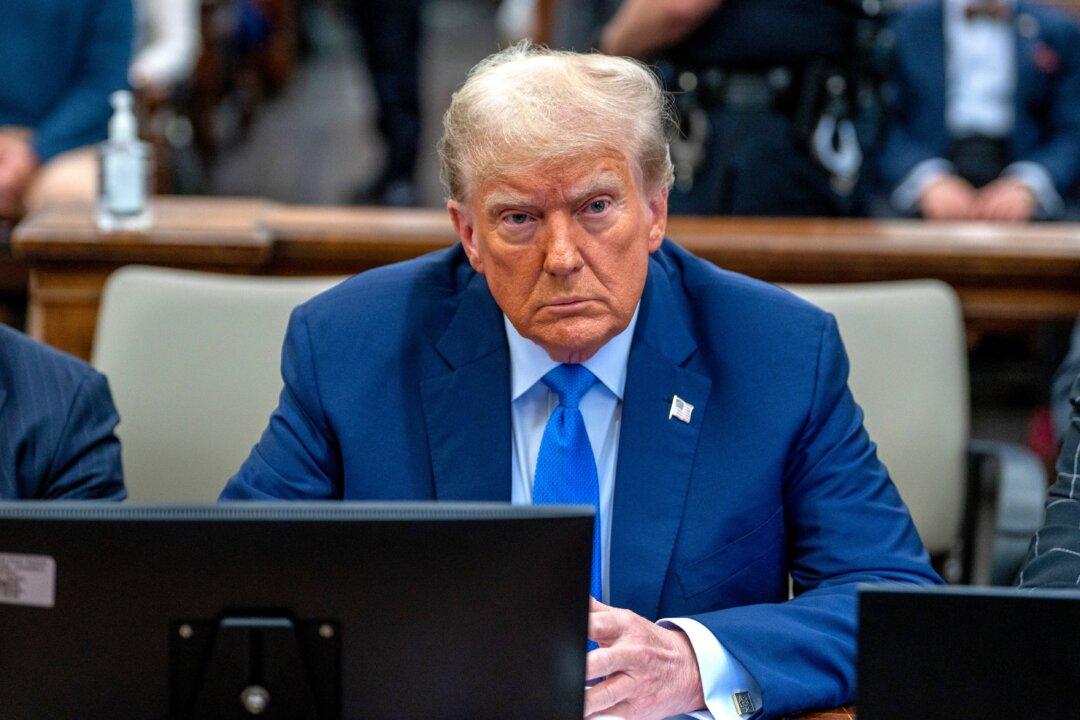U.S. District Court Judge Tanya Chutkan ordered former President Donald Trump on Nov. 8 to disclose whether he plans to use an advice-of-counsel defense in one of two criminal cases prosecuted by special counsel Jack Smith.
President Trump has been accused of interfering with the 2020 elections and has pleaded not guilty on four counts.





